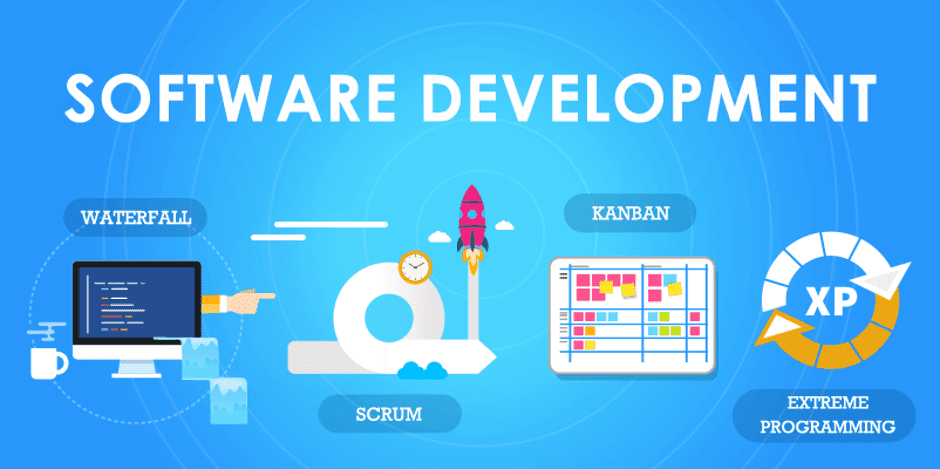Software Development
Process or Software Development Life Cycle (SDLC) is the technique of planning,
designing, developing, testing, and bug fixing software components. Software
companies use it to maintain quality and manage time and cost. Software Development Services in Bay
Area provides agile
development strategies to help you stay far ahead of your competitors.
Let us look at the
stages of the Software Development Process in detail.
1. Planning and requirement analysis
Requirement gathering and planning is the foremost step in SDLC. The
senior officials execute it and gather insights and inputs from customers, the
sales department, market research, and industry experts. Quality assurance and
technical feasibility are also planned in this stage, and strategies are
prepared to execute the project with minimum risks.
2. Requirement definition
The next step after gathering requirements is defining and documenting
them in a document called SRS (Software Requirement Specification). This
document is then sent to the customer or market analysts for approval.
3. Designing product architecture
After defining the requirements and documenting them in SRS, the
developers will produce various product architecture designs/approaches. This
is proposed and noted in DSD (Design Specification Document). Finally, the DSD
is circulated among stakeholders for review and based on factors like risk
assessment, design modularity, product robustness, budget, and time
constraints, and the best design is selected.
4. Product development
This step is where the actual development process commences. The code is
generated as per the guidelines in DSD. Code generation can be carried out
seamlessly if done in an organized manner. The programming language (C, C++,
Java, PHP) is chosen according to the software type being developed. Developers
also make use of tools such as compilers, interpreters, debuggers, etc.
5. Product testing
Testing is done after every stage to be on the right track. However,
product testing is done after the development process to analyze the products,
i.e., to report their defects, which is then tracked and fixed; the product is
then retested. This process continues until the product attains the quality
mentioned in SRS.
6. Deployment
Once product testing is done, it is released in the market, either as a
whole or in parts. Most organizations decide on releasing their products in
segments for real-time analysis by the users. The process of analysis is called
UAT (User acceptance testing). Once the customers use the product, it is
enhanced as per user feedback. The final product is then released, and
continuous maintenance activities are implemented to sustain the quality.
A software process
model defines the tasks to be executed, input/output of every task, conditions
of each task, and the sequence of every task. The different models of software
process are:
●
Waterfall
model
●
V
model
●
Incremental model
●
RAD model
●
Agile
model
●
Iterative
model
●
Prototype
model
●
Spiral model
SynergisticIT
provides the best Software
Development Services in California by ensuring minimum turnaround time, excellent quality of
services, flexible deployment solutions, and real-time communication. The
highly skilled developers will boost your online presence by combining leading
technologies with innovative ideas. If tailor-made services are what you have
in mind, wait no more; get in touch with them today!
Also, Read This Blog: A Simple Guide to Software Development






Comments
Post a Comment